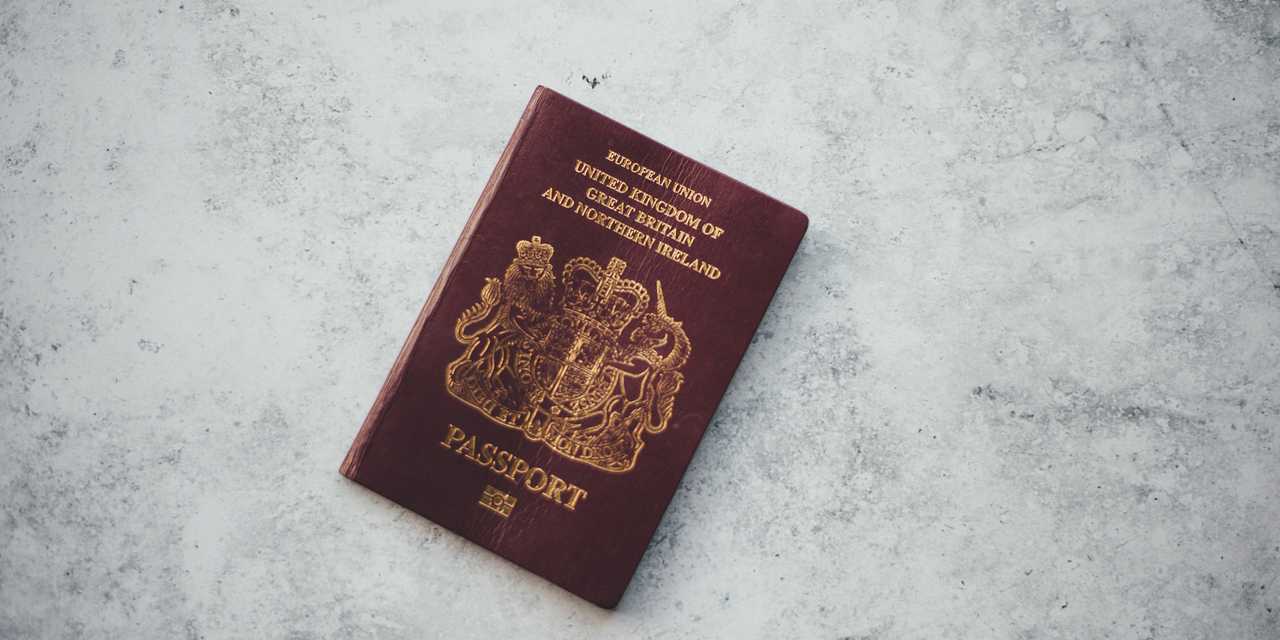A certified copy of your passport is a photocopy that has been officially stamped to say that it’s a true copy of the original. It's handy in several situations where you can't use, or don't want to risk losing, your original passport.
In this Aatos article, we'll explain how to get a certified copy of your passport in the UK and why you might need one, helping you navigate the process stress-free.
Reasons to Need a Certified Copy of Your Passport
Getting a certified copy is a good step to avoid everyday wear and tear on your original passport, and it's recognised just the same as your actual passport for most administrative purposes.
Here are a few reasons you might need a certified copy:
- Visa Applications: When you're applying for a visa, you might need to submit a certified copy to prove your identity while keeping your actual passport handy for other travel.
- Banking: Opening a new bank account? Banks often ask for a certified copy of your passport as part of the identity verification process.
- University Enrolment: If you're starting at a university, especially abroad, you’ll likely need to provide a certified copy of your passport to confirm your nationality and identity.
- Job Applications: Some employers require a certified copy of your passport to complete their background checks.
- Travel Agencies: When booking travels, agencies might need a certified copy of your passport to arrange everything from tickets to accommodations.
- Legal Needs: For certain legal proceedings where your identity must be confirmed, a certified copy of your passport can be used instead of the original to keep it safe.
Process of Having a Certified Copy of a Passport
Getting a certified copy of your passport is surprisingly easy and straightforward.
- Simply find somebody who is authorised to certify your passport (more on this below).
- Arrange a date and time to meet with them
- Present them with your original passport and your copy.
The certifier will then write or stamp “certified to be a true copy of the original seen by me” on your copy. They should also include their name, signature, profession or position, and the date.
That’s it!
You now have a certified copy of your passport.
Read more about How to Certify a Document?
Who Can Certify Passport Copies?
In the UK, the following professionals are qualified to certify documents:
- Solicitors and Notaries Public: These are legal professionals who often handle document certification. They need to hold a valid practising certificate.
- Chartered Accountants: Only those who are members of a recognised professional body can certify.
- Practising Medical Professionals: Includes doctors and pharmacists.
- Bank or Building Society Officials: Can usually certify for you if you are a customer.
- Post Office Officials: Some Post Office branches provide document certification services.
Always check if the professional or the office can provide this service, as not all officials will be willing to certify your documents.
Read more about Who Can Certify Documents?
Fees
Charges for certifying documents can vary. When it comes to legal professionals, costs can differ based on the solicitor or notary public’s rates.
Other professionals might do it for free, especially if you have a pre-existing relationship, but it’s always worth checking to avoid any surprises.
Regional & National Variations to the Process
In the UK, while the general process for certifying documents like passports is consistent, there can be regional differences, especially when it comes to accessibility and the availability of services.
The rules for certifying documents in Scotland and Northern Ireland are the same as in England and Wales, but always check for any local updates or specific regional practices that might affect the process before going ahead.
In larger cities, you'll find more solicitors and notaries public who can certify documents. In rural areas, you might have to rely more on local bank officials or Post Office branches to get your passport certified.
Practical Tips
Always keep your original passport safe by storing it in a secure place, such as a locked drawer or a safe, and remember where you’re keeping it - especially if you’re using your certified copy more frequently.
Use certified copies for everyday legal or administrative tasks where the original is not specifically required to avoid loss or damage to the original passport.
During the certification process, ensure that the certifier includes all necessary information on the copy, such as their details (e.g. their name / profession / contact details), their signature and date, and a statement of true likeness. Incomplete certifications may be rejected.
You may need to update your certified copies due to wear and tear or changes in your appearance, as this could lead to questions about the copy’s accuracy.
Keeping Your Passport Safe With a Certified Copy
Understanding the certification process for a passport copy can protect your original while meeting legal needs.
Always ensure the certifier is authorised and that the copy is properly marked, keeping your original document secure.

